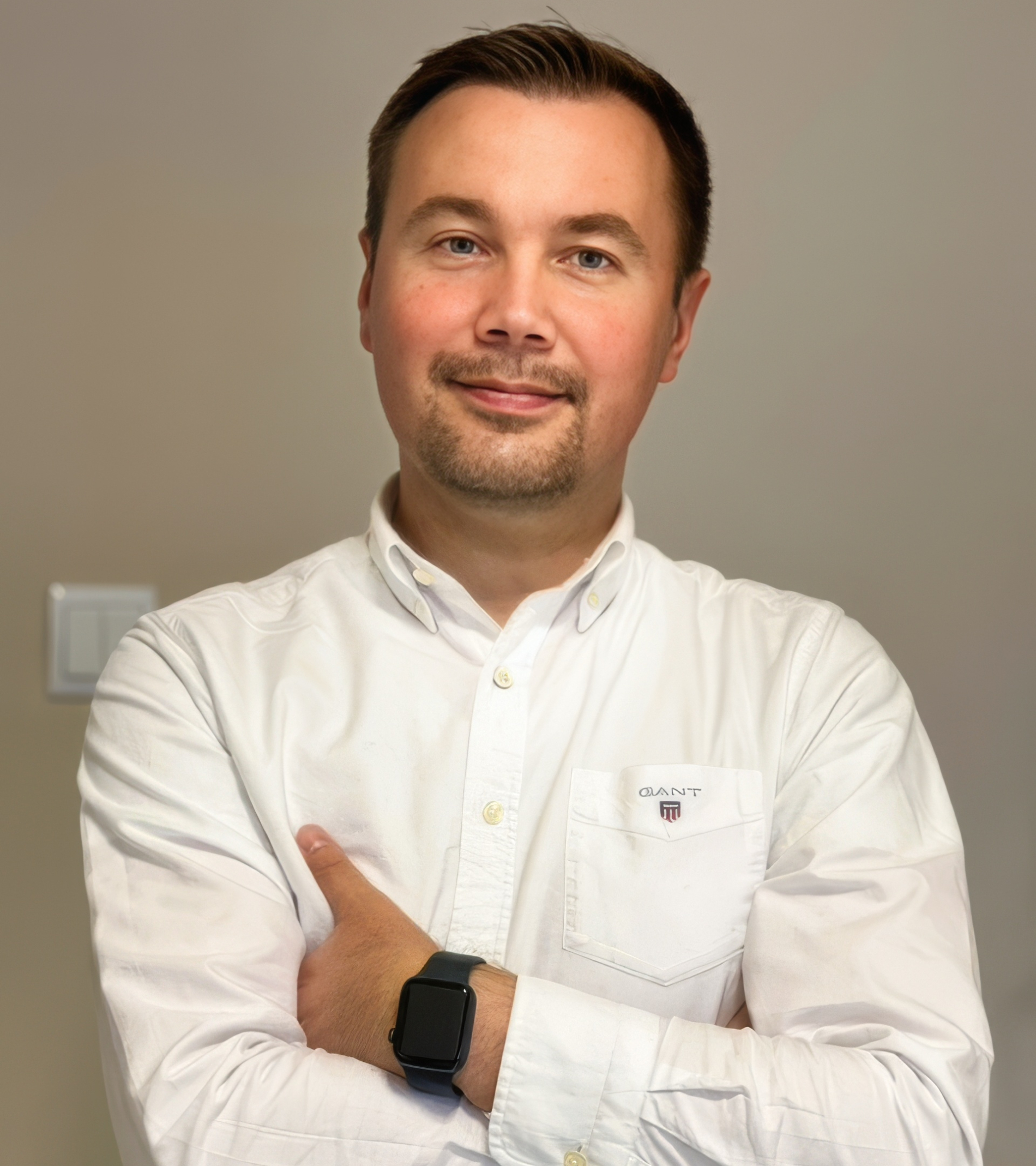YOUR BROWSER IS OUT-OF-DATE.
We have detected that you are using an outdated browser. Our service may not work properly for you. We recommend upgrading or switching to another browser.
Date: 15.11.2024 Category: awards, ceremonies
 Copyright HZDR / A. Garb
Copyright HZDR / A. Garb
Theoretical physicist Tobias Dornheim, PhD from the Helmholtz-Zentrum Dresden-Rossendorf (HZDR) has been named the winner of the Lem Prize 2024. The chapter's decision was announced during the Celebration Day of the Wrocław Tech.
The Lem Prize, worth 100,000 PLN, has been awarded at the Wrocław University of Science and Technology since 2021. It is awarded to young scientists (up to 40 years of age) studying or conducting research in the European Union and associated countries. The international chapter, chaired by Prof. Maciej Lewenstein (ICFO - The Institute of Photonic Sciences, Barcelona), evaluates their recent discovery or significant achievement in broad areas of science and engineering, with strong elements of technology, interdisciplinarity, creativity and vision.
During the Celebration Day of the Wrocław University of Science and Technology, Rector Prof. Arkadiusz Wójs announced that the winner of the Lem Prize 2024 award is Tobias Dornheim, PhD from the Polish-German CASUS (Center for Advanced Systems Understandin) at the Helmholtz-Zentrum Dresden-Rossendorf for his achievement entitled “Model-free diagnostics of extreme states of matter in the imaginary time”. His work is focused on the development of novel first-principles simulation methods for the study of matter under extreme densities, temperatures and pressures, for which he has been awarded an ERC Starting Grant in 2022.
Tobias Dornheim work introduces a new method to analyze extreme states of matter, such as those found inside planets or in fusion energy experiments, without relying on error-prone models. By applying "imaginary-time" analysis of X-ray data, scientists can now accurately measure temperatures and other properties. This technique has been adopted at major experimental facilities, including the National Ignition Facility (NIF) at Lawrence Livermore National Laboratory, SLAC National Accelerator Laboratory, the European X-Ray Free Electron Laser (XFEL) in Germany, and the SPring-8 Angstrom Compact Free Electron Laser (SACLA) in Japan. Dornheim's achievement has been recognized through numerous invited talks, substantial citations, and significant funding for further research.
 Copyright HZDR / A. Garb
Copyright HZDR / A. Garb
About Tobias Dornheim, PhD
He obtained his PhD in 2018 at the Christian-Albrechts university in Kiel, Germany, in theoretical physics focusing on ab initio path integral Monte Carlo simulations of interacting electrons. In 2019, he joined the Center for Advanced Systems Understanding (CASUS) at the Helmholtz-Zentrum Dresden-Rossendorf (HZDR), where he leads the Frontiers of Computational Quantum Many-Body Theory Group since 2022.
Tobias Dornheim is a young and award-winning researcher. For his PhD thesis, he was awarded the Best Thesis award of the Natural Sciences College (Fakultät) of Kiel University and also the Nano Physics Award of the University’s Research Focus KiNSIS. He received the Young Researcher Award of the Association of Asian-Pacific Physical Societies (AAPPS), Division of Plasma Physics in 2018. In 2021 he received the John Dawson Award for Excellence in Plasma Physics Research of the American Physical Society, “for developing Monte Carlo methods that overcome the fermion sign problem, leading to the first ab initio data for an electron gas under warm dense matter conditions”. His international recognition is also manifested in several prestigious research grants.
In addition to the main prize, the Lem Prize Committee - for the first time ever - also decided to award a distinction to prof. Krzysztof Karol Fic from Poznań University of Technology (Poland) for his achievement entitled “Novel insight into electrified interfaces leading to novel energy storage concepts and devices”.

Prof. Krzysztof Fic is a graduate of the Chemical Process Engineering at the Faculty of Chemical Technology of the Poznań University of Technology (2008); after obtaining his master's degree in engineering, he took up the position of research assistant at the Department of Applied Electrochemistry, where he works to this day (as a university professor). In 2012, he defended his doctoral dissertation, and in 2020, Faculty Council awarded him the habilitation degree in the discipline of chemical sciences.
His research activity focuses mainly on electrochemical systems for energy storage and conversion; in particular, he is interested in phenomena occurring at the porous electrode/electrolyte interface, in the so-called operando approach.
In 2017, he obtained a Starting Grant (GA 759603) financed by the European Research Council (ERC) as the first scientist from a Polish technical university. In 2023, he received his second ERC grant in the Proof of Concept scheme, in which he examines the commercial potential of solutions developed in the original grant.
The Stanisław Lem European Science Prize (Lem Prize) was established to commemorate the centenary of the birth of the eminent Polish science fiction novelist, who received an honorary doctorate from Wrocław University of Science and Technology in 1981. Each year, the laureate is chosen by a chapter composed of prominent academics from abroad and the Wrocław University of Science and Technology and Tomasz Lem, the writer's son.
Benefactors of the Lem Prize 2024: Bergman Engineering, PCC Group, PKO Bank Polski, PKO Bank Polski Fundation, KGHM Polska Miedź and Impel Group.
The first winner in 2021 was genetic engineering expert Prof Randall J. Platt from the ETH Zurich,a year later, the award went to Professor Samuel Stranks of Cambridge University, a specialist in optoelectronics, and Lem Prize 2023 was awarded to experimental physicist Prof Ido Kaminer from Technion Israel Institute of Technology.
Our site uses cookies. By continuing to browse the site you agree to our use of cookies in accordance with current browser settings. You can change at any time.